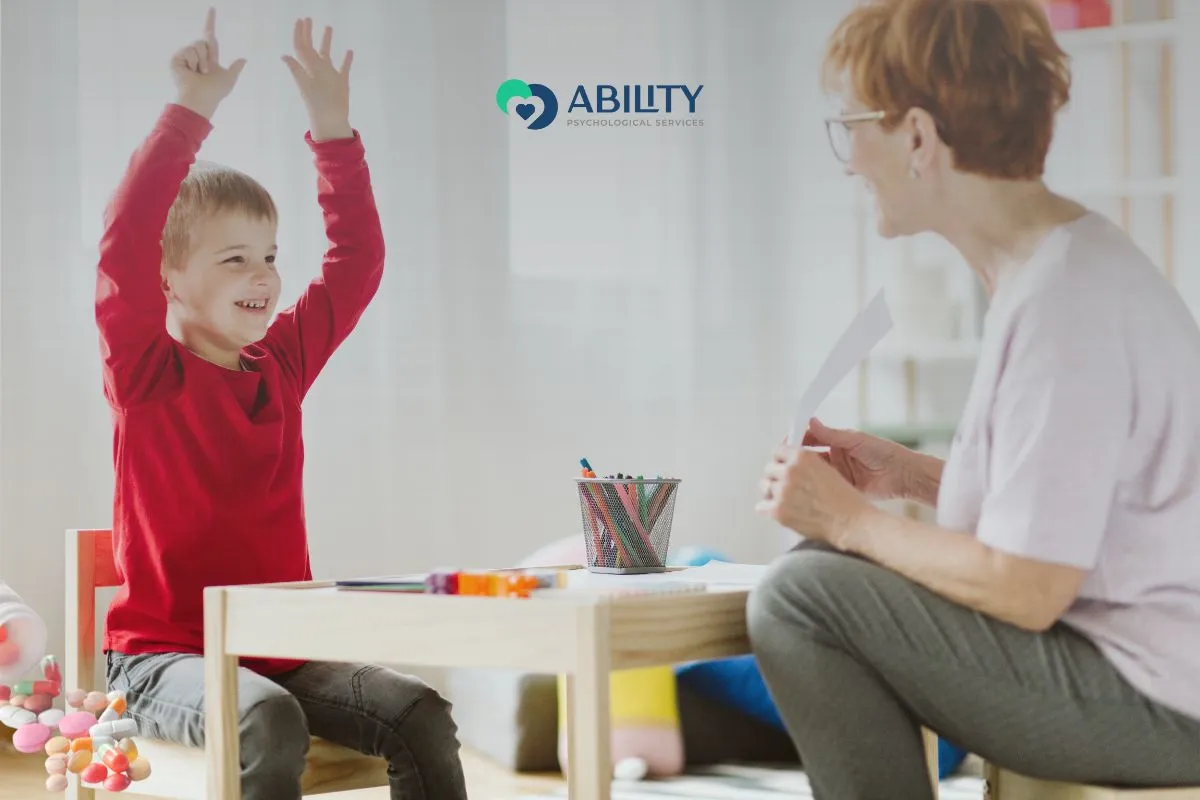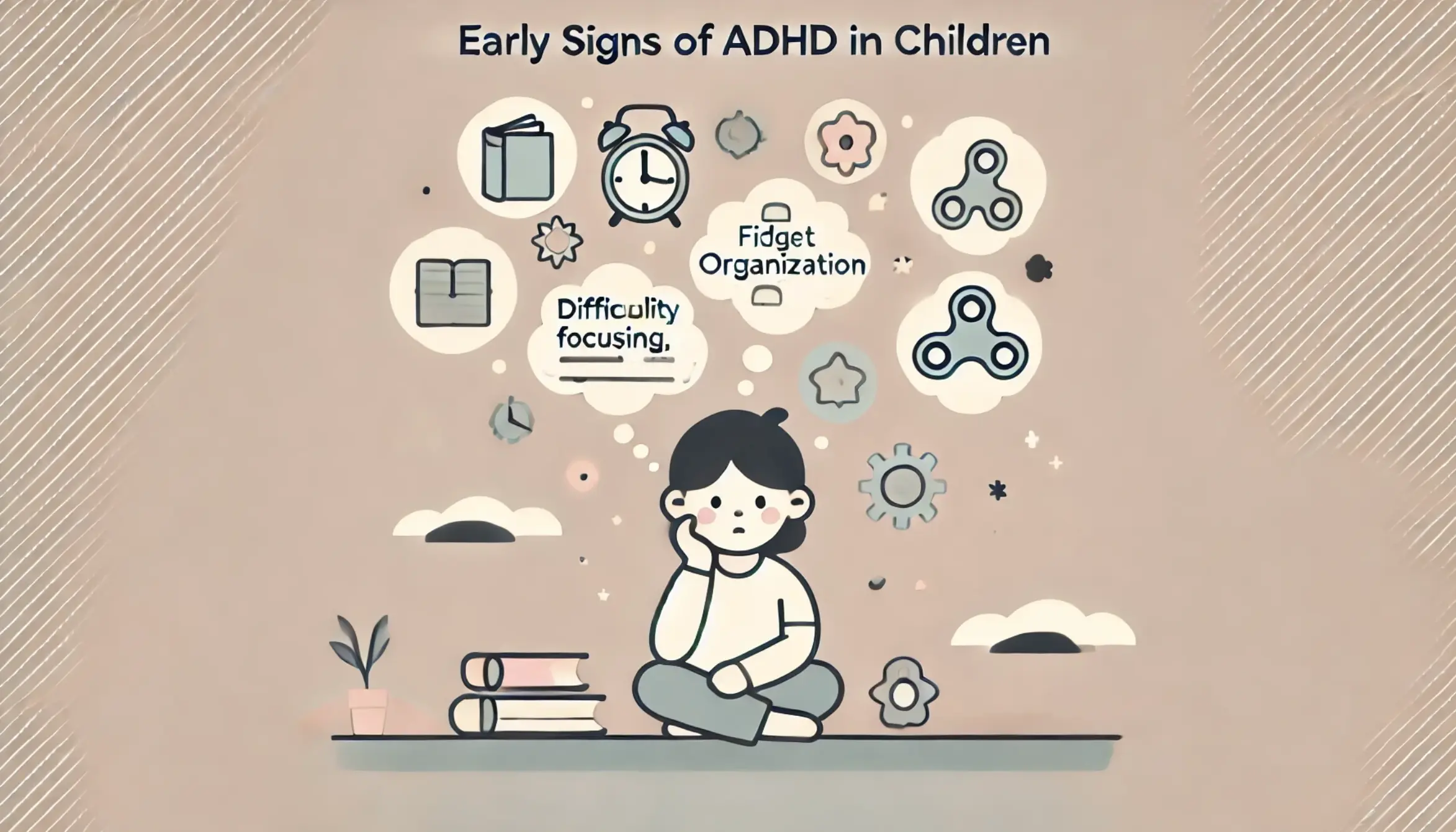ADHD school support in Oakland begins with informed, empowered advocacy. As a parent, you play a key role in ensuring your child receives the help they need. From formal plans to open communication, your efforts can shape your child’s success at school.
Understanding ADHD and Educational Rights
Before you can advocate effectively, it’s important to understand your child’s rights. Children with ADHD may qualify for educational support under federal law. This includes the Individuals with Disabilities Education Act (IDEA) and Section 504 of the Rehabilitation Act.
ADHD is considered a disability under both laws when it interferes with a child’s learning. This means your child may be eligible for an IEP (Individualized Education Program) or a 504 Plan. These programs provide accommodations to help your child learn in a way that works for them.
The school must evaluate your child if you make a written request. If ADHD affects academic performance, your child may qualify for services. You have the right to attend meetings, review plans, and request changes.
504 Plans vs. IEPs: What’s the Difference?
504 Plans and IEPs are both designed to support students with disabilities. However, they serve slightly different purposes.
What is a 504 Plan?
A 504 Plan offers accommodations for students who do not need specialized instruction. These supports help level the playing field. Accommodations might include extended test time, preferential seating, or breaks during class.
What is an IEP?
An IEP provides more comprehensive support. It is designed for students who need individualized instruction. An IEP includes academic goals, progress tracking, and specialized services. These might involve speech therapy, counseling, or a classroom aide.
If your child needs changes to the way they are taught, an IEP is likely more appropriate. If they need environmental or structural support, a 504 Plan may be enough.
Starting the Process: Requesting an Evaluation
The first step in securing school support is requesting an evaluation. In Oakland, you can do this by writing a letter to your child’s principal or special education coordinator.
Make the letter simple but clear. State that you suspect your child may have ADHD and request a formal evaluation. Include specific examples of how your child is struggling.
Under the law, the school must respond within a set number of days. If they agree, they will begin the assessment process. This includes interviews, observations, and testing.
If they deny the request, you can appeal the decision. You may also seek a private evaluation and submit it for school consideration.
Gathering Documentation and Support
To strengthen your case, gather as much documentation as possible. This might include:
- Medical diagnoses or letters from your child’s doctor
- Reports from therapists or counselors
- Behavior logs or notes from teachers
- Samples of your child’s schoolwork
- Results from private evaluations
These materials help the school understand your child’s unique needs. They also provide evidence if you need to advocate more strongly.
Collaborating with Teachers and School Staff
Successful advocacy depends on good communication. Work as a team with your child’s teacher, counselor, and support staff. Be respectful, clear, and persistent.
Start with a meeting to discuss your concerns. Share what works well at home and what your child struggles with at school. Ask for insight into your child’s classroom behavior.
If a plan is in place, review it regularly. Make sure accommodations are being followed. Speak up if something isn’t working or needs to be updated.
Your voice matters. Teachers often want to help but may not know your child like you do. You bring important context to the table.
Creating an Effective 504 Plan or IEP
When you attend meetings to develop a plan, come prepared. Know what your child needs and what has worked in the past. Be ready to suggest accommodations.
Examples of ADHD-friendly accommodations include:
- Extra time on tests and assignments
- A quiet place to take tests
- Frequent breaks throughout the day
- Visual schedules or checklists
- Positive behavior reinforcement systems
- Fidget tools or movement breaks
Ask the team to explain how each accommodation will be implemented. Make sure you understand who is responsible for what.
Get a copy of the finalized plan. Review it carefully and follow up if you notice it isn’t being followed.
Monitoring Progress and Staying Involved
Advocacy doesn’t stop once a plan is in place. Continue to monitor your child’s progress and check in regularly.
Request follow-up meetings every semester or sooner if needed. Ask for updates on how your child is doing academically and socially. Bring any new concerns or successes to the team’s attention.
Keep notes on your child’s progress at home. If your child is still struggling, you may need to adjust the plan. Schools are required to work with you to revise services.
Staying involved shows your commitment and helps ensure accountability.
Helping Your Child Understand Their Plan
Children benefit when they understand their own learning needs. Talk to your child about their accommodations in an age-appropriate way.
Let them know that their brain works differently and that school is making adjustments to help them succeed. Encourage self-advocacy by teaching them to speak up if something isn’t working.
When your child understands their support plan, they can use it more effectively. This builds confidence and independence.
When to Seek Additional Help
If you feel your child’s needs are not being met, you can seek additional help. In Oakland, there are local advocacy groups, special education consultants, and legal resources.
You can also file a formal complaint with the school district or state education agency. This may sound intimidating, but it is your right.
Sometimes bringing in an outside advocate can make a big difference. These professionals can attend meetings with you and help you navigate the system.
Tying it All Together: Support Beyond the Classroom
School support is only one piece of the puzzle. Children with ADHD also benefit from therapy, home routines, and ADHD-friendly activities.
You can learn more about building this support system in our post Supporting Kids with ADHD: What Comes After the Diagnosis.
For ideas on activities that help build focus and confidence, check out our blog Engaging ADHD-Friendly Activities for Kids in Oakland, CA.
By combining school support with outside strategies, you can give your child the best possible foundation.
Final Thoughts
Advocating for your child’s ADHD school support in Oakland takes effort, but it’s worth it. With the right plan, strong communication, and your involvement, your child can thrive.
At Ability Psychological Services, we are here to help you every step of the way. If you need guidance, evaluations, or ongoing support, reach out to our team today.





